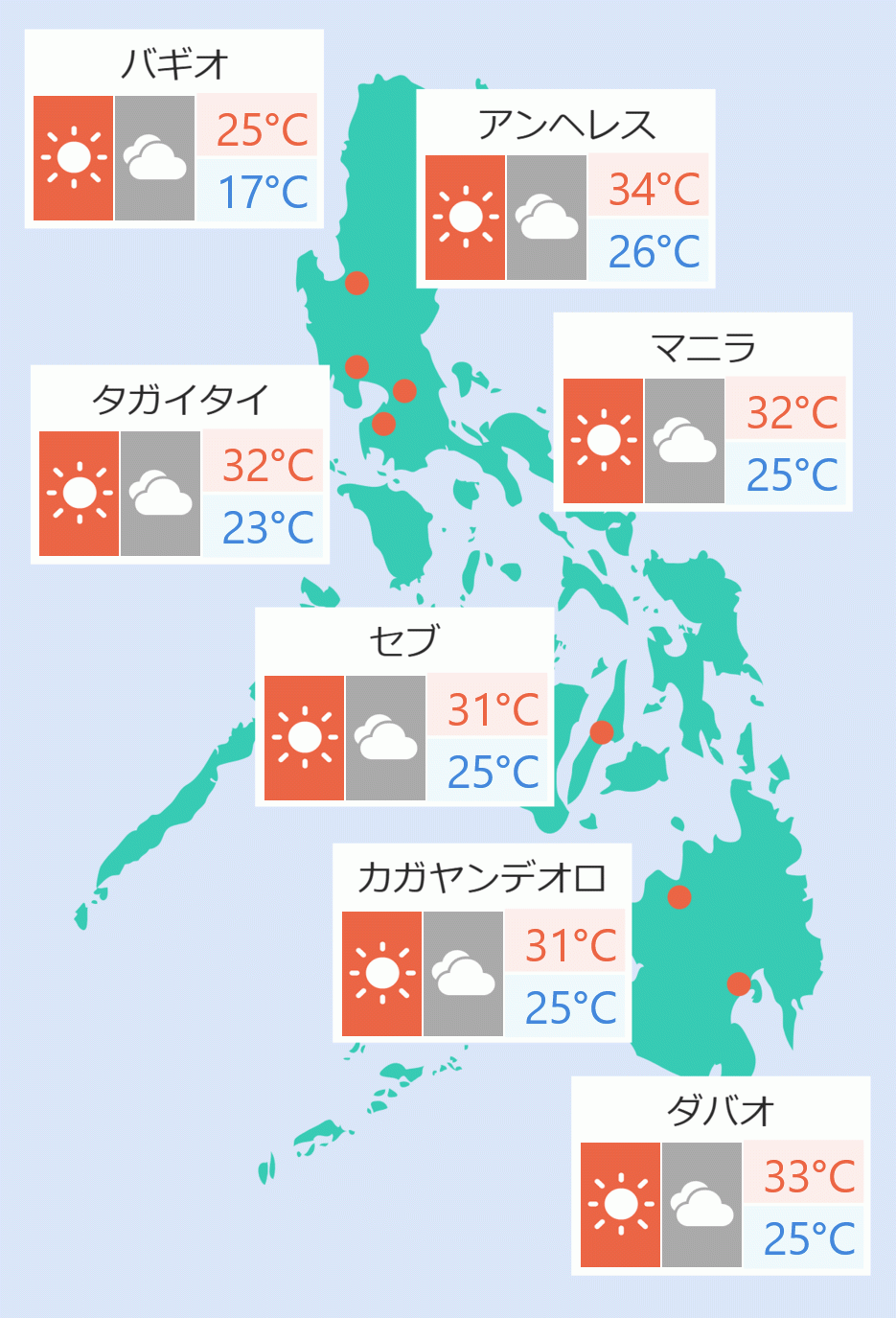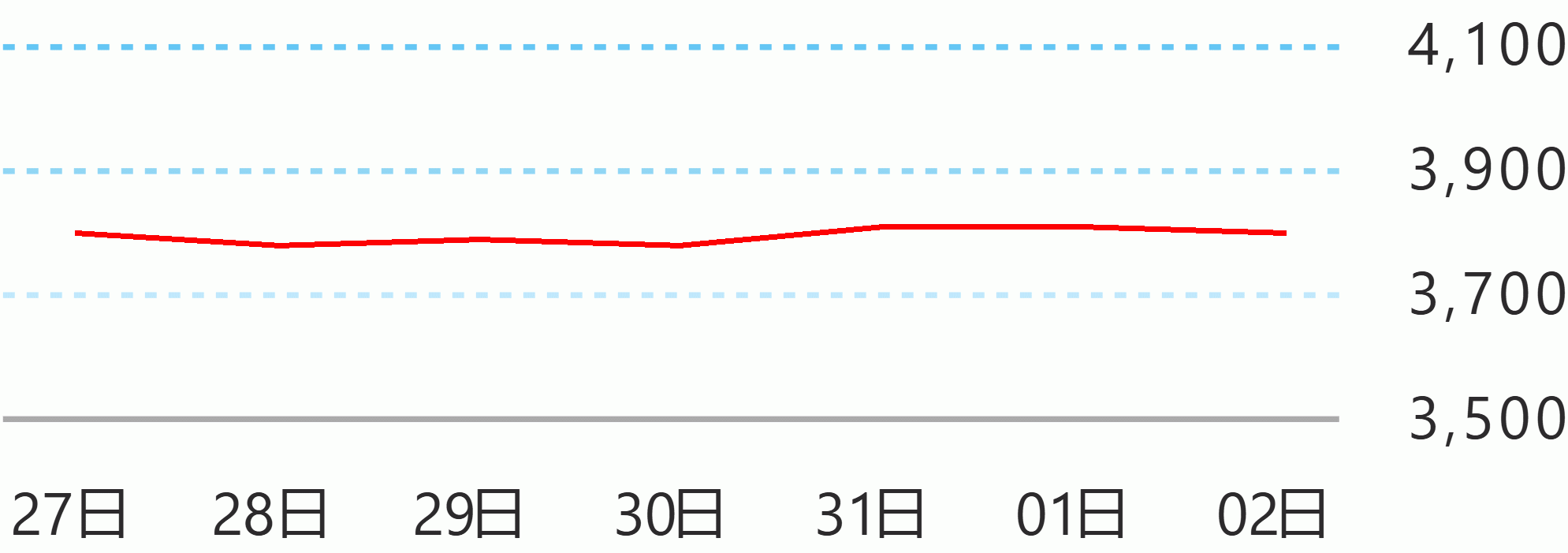The Department of Transportation (DOTr) said they will focus on regulating the number of public utility vehicles (PUV) on each route after the April 30 deadline for the consolidation of franchises.
In an interview with dzBB, Office of the Transport Cooperatives Chairman Jesus Ferdinand Ortega said that the DoTr will concentrate on having a route rationalization after the deadline of the franchise consolidation requirement under the government’s PUV modernization program.
“After the consolidation, there are many things we still have many things to do. We will focus on route rationalization. The LTFRB (Land Transportation Franchising and Regulatory Board), DoTr, and the local government. The good thing about this is that the DILG (Department of Interior and Local Government will help in processing and finalizing the right number of vehicles for each route,” Ortega said over dzBB.
“This is nationwide. Because the objective of the modernization program is to ensure that each route has the right number of vehicles. Because at the moment, there are routes that have an excessive number of vehicles. That’s wrong because it will result in heavy traffic. And if there are too many operators in one route, they are going to compete for their income,” he said.
“After that, that’s the time when the modernization of the vehicles of the cooperatives will start. So they will be given time. Maybe the time frame is within 27 months when the process starts. So the process of producing modern vehicles is not that fast,” he added.
Ortega reiterated that the consolidation would not be extended since it is the seventh and last extension the government would be giving.
He said that it would be better to wait for the decision of the Supreme Court on the petition of transport groups Piston and Manibela to scrap the PUV modernization program.
Citing data from the LTFRB, Ortega said 79 percent of PUV operators have merged with cooperatives or corporations.
He admitted that they would never be able to reach 100 percent consolidation as some operators and drivers have decided to retire or have another business.
“The one who decides is the operator because they own the franchise. We just have to respect their choice because it's a business decision,” Ortega said.
Ortega said that for routes where there are no consolidated operators or there is a low consolidation rate, the LTFRB will be issuing special permits for cooperatives of nearby routes or those within Metro Manila so they can supply the lacking vehicles in those routes.
“Colorum will be our next big target after the consolidation,” Ortega said. Jaspearl Tan/DMS





 English
English










